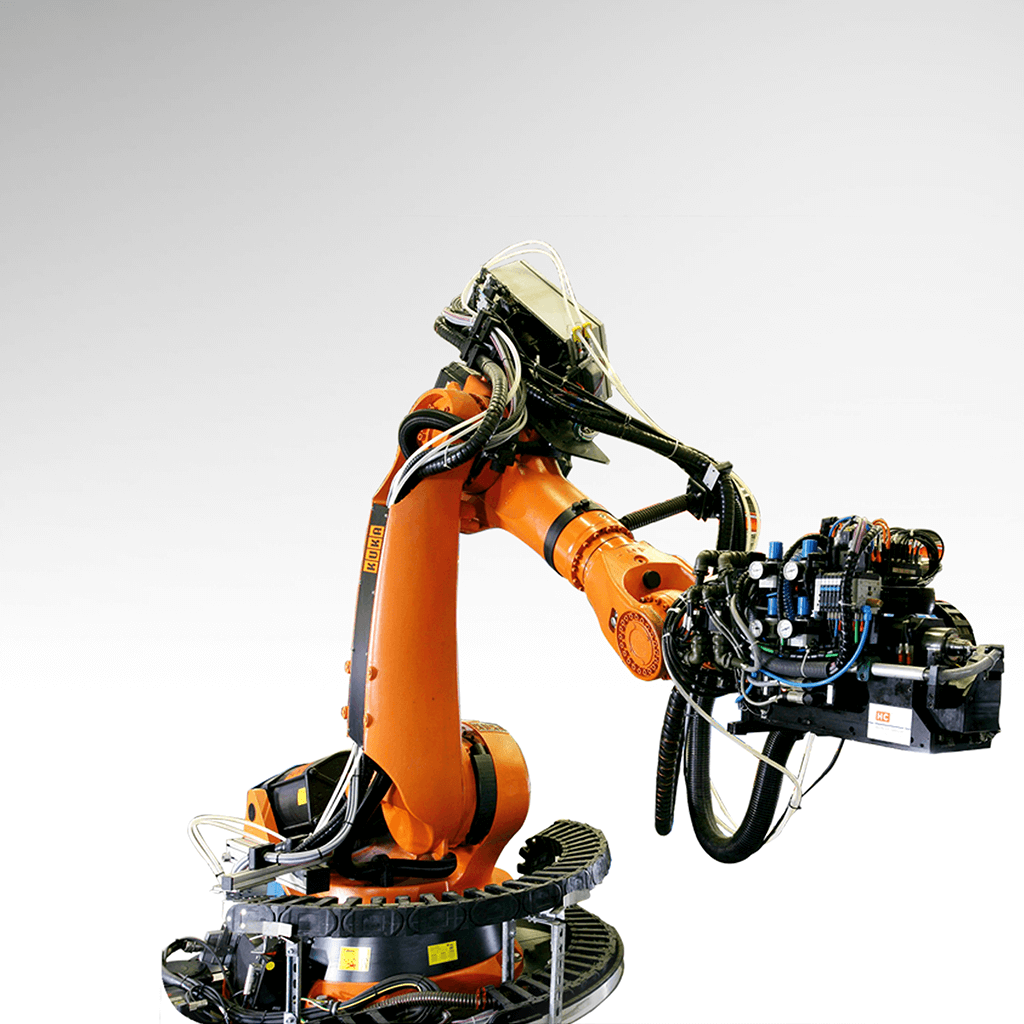Claude Despierres, Hexcel: Have more confidence in you
In this Women in Composites interview, Claude Despierres, Vice President Sales & Marketing for Hexcel’s Industrial business, looks back over her career and considers what can be done to ensure that women have the same opportunities to become leaders as men.

Although she loved literature, history and languages, Claude Despierres was also attracted to engineering at an early age.
“When I was 17 or 18, I was thinking about becoming an engineer. I was not sure what it was, but it sounded interesting, and different. And in France at that time, engineering was seen as a prestigious job.”
After a challenging selection process she obtained a place at École des Mines de Douai (now part of IMT Nord Europe). The course offered a specialism in thermoplastics and composites, which intrigued her. But at that time, in the 1980s, composite materials were not well known and she thought there would be more employment opportunities in the thermoplastics field.
Realising she did not want to become a production engineer, and that a more commercial role would bring greater interaction with the outside world, Claude went on to obtain an MBA in International Trade at Emlyon Business School. Towards the end of the course she became aware of Hexcel through a market study, which led to her joining the company.
A rewarding, international role
From her first role in technical sales, Claude progressed through various positions in Hexcel, gaining more responsibility in both sales and in product management, a central role between R&D, sales, and operations.
“The career path is not so straightforward,” she notes. “It’s based on your know-how and what you like to do. I was not always sure what I wanted to do next, but I always knew what I didn’t want. I was not afraid to say no! I was lucky to be able to evolve, step by step, within Hexcel to reach this current role.”

As Vice President Sales & Marketing of Hexcel’s Industrial business she focuses on the energy markets (power generation, mainly wind, and energy storage, mainly hydrogen storage and CNG transportation), as well as automotive and speciality areas such as sports and leisure, and marine. Besides delivering on sales revenue and financial targets, and engaging with key customers, her responsibilities include developing the strategy for short term as well as long term growth and deciding on the appropriate product development. And the most important and maybe rewarding responsibility is to lead the industrial sales and marketing team, she says, as of course every achievement is the result of a great team effort.
“Right now, with more than 30 years’ experience, it’s about guiding the team in the right direction, in line with the company strategy, and at the same time being the voice of the customer and of the market. That is very interesting because you are in the middle there between operations, R&D, the sales team, and also the top management of Hexcel. It’s a global role, which is something I appreciate. I like to interact with an international team, international peers, and international customers. It’s very rewarding to be able to network and collaborate with many people, so you keep on learning from others.”

In her role, communication is an essential skill which she believes is often undervalued.
“When we are in school we do not understand the importance of communication, especially in engineering, where we focus on technology. The importance of articulating properly what you want, to get the support, and the enthusiasm, from your team, from peers, from the top management, is not very often understood. It’s more within Hexcel as you progress that you get this type of training.”
Rising to the challenge
Engineering has traditionally been a male-dominated industry and during her early career Claude was often “the only woman in the room.” At her engineering school only 5% of the students were female, and she also entered a male-dominated environment in her first role at Hexcel.
“When I joined Hexcel in the ‘90s I felt it was a disadvantage to be a woman in a sales role. Within the company, but mostly at customers, I realised there were doubts that as a women I would be able to do the job. But I think that once you show you’re capable, that you’re good at what you’re doing, it becomes a strength to be a woman. Perhaps that’s because we handle things differently, we create relationships differently, we bring different points of view and a different management style.”

But while the benefits of diversity are now recognised and efforts to attract more women into engineering have been successful, it is still the case that very few women rise to senior positions.
“In the last 15 years there are many more women engineers. The problem is not many advance from there. They are stuck at that level. Is that voluntary or not?”
Ensuring that women have the same opportunities to progress as men is a key objective in today’s workplaces, and Claude considers some of the issues.
“My advice for women would be to have more confidence in you. In job interviews, typically women always think ‘thank you for the opportunity, but can I really do it?’ while men always say ‘of course I can do it,’ even if they are not sure.”
Coaching and mentoring programmes can also play an important role in encouraging women to take on new responsibilities.
“A mentor can help you to step up, giving you the confidence, giving you more visibility, and putting you in conditions where you can interact with higher levels. Because in big companies your name needs to pop up; people need to know you so that they think of you when there’s a possibility of a promotion.”
In addition, she wonders if men’s careers advance faster than women’s because women have to prove themselves more.
“My impression is women tend to stay at the same level, perhaps in different roles, before they move up, while men can move up faster. I am wondering if we test women longer than men before giving them a bigger job. That’s what we need to be cautious about.”
And this could also be linked to confidence.
“Is it that we test them because they doubt themselves, whereas the men don’t? Being confident also means speaking up. One of the reasons maybe men get promoted faster is because women don’t ask. It’s important to encourage women to speak up. Say what you want and yes, you can get it!”
It’s tough at the top?
The way that female leaders are often perceived has to change, Claude concludes.
“Very often women leaders are judged as being tough, a bit too aggressive. If a man is tough it’s seen as normal, there’s no comment about it, it’s what is expected. You don’t expect it from a woman. And are the women who get to these leader roles tougher because they have to be to reach there, or is it because of the environment?
In future, she wants to see a situation where women don’t feel they have to be ‘harder’ in order to become a leader.
“We need an environment where women don’t have the feeling that they need to fight to be better and stronger than their male colleagues. It needs to feel natural, they need to feel entitled to be there.”
“I think fundamentally there is no resistance to women at a higher level. Everyone is welcoming it. But to be totally treating men and women the same, totally open and fair and equal, we need to recognise that unconscious bias is present, and until you’re conscious about it there’s no way you can correct it.”
Overall, she concludes, the situation is certainly improving.
“There is definitely an increasing willingness to welcome more women into our technical business environment and to see them take on senior positions. What we maybe have to look at is how to accelerate this trend.”
The views and opinions expressed are purely personal ones.











